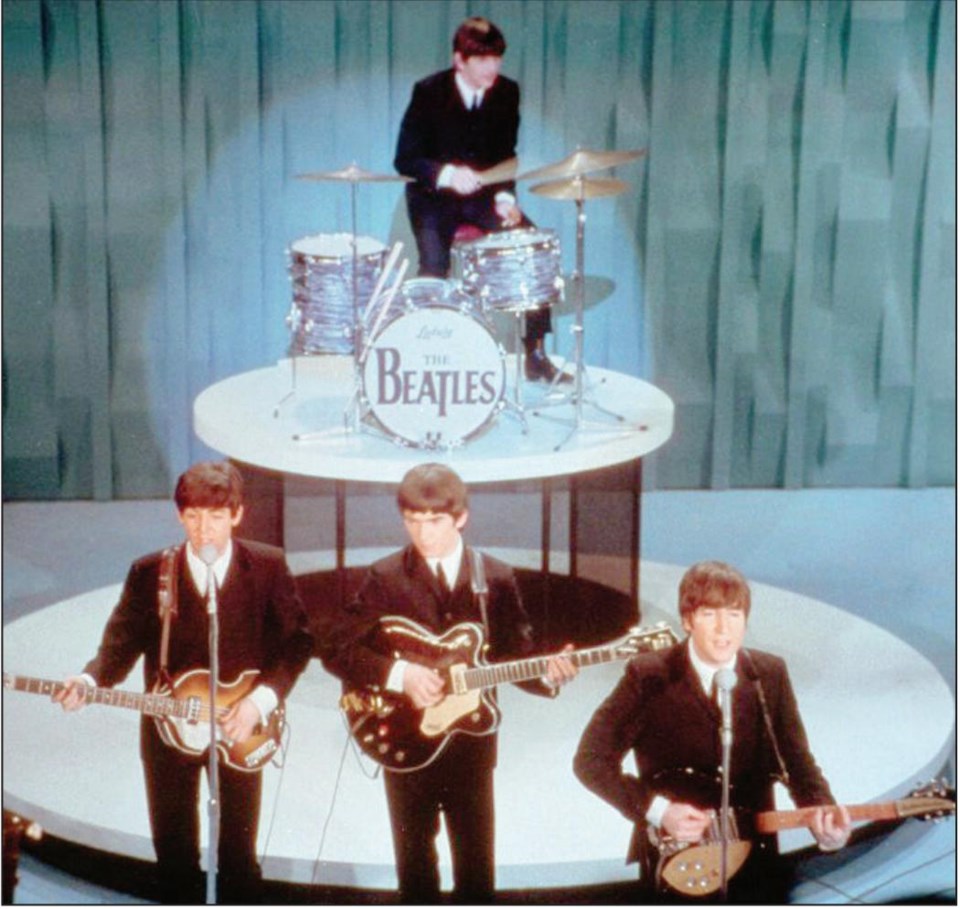Universal Music Group got approval Friday from American and European regulators to buy the famed British music company EMI, including the hugely lucrative Beatles catalogue. But the EU imposed stringent restrictions on the deal, forcing Universal to sell some of EMI's biggest acts, such as Coldplay and Pink Floyd.
Among EMI's assets that must go is Parlophone, home to those two British bands as well as Kylie Minogue and David Bowie. The Beatles catalogue, which is part of Parlophone, was exempted.
Universal will also have to sell off EMI's classical music divisions, its French and other local branches and labels that are home to Depeche Mode and the Ramones.
The U.S. Federal Trade Commission said Universal and EMI's businesses were different enough from each other that the deal wasn't anti-competitive. It added that it didn't see the need to impose the same conditions on the deal as European regulators because of the differences between the U.S. and European markets.
EU Competition Commissioner Joaquin Almunia said the fact that the companies involved trade in music made the case a particularly emotional one.
"This has been one of the most difficult discussions in my life as commissioner for competition because of ... the existence not only of an industry - we are used to dealing with mergers between companies in very different sectors - but the existence of a cultural dimension," said Almunia.
The FTC's decision was the last hurdle that Universal, which already represents Jay-Z, Nirvana and U2, had to clear before it can go ahead with its $1.9-billion purchase of EMI's recordedmusic division, where talent is nurtured.
Universal's rivals, like Warner Music and small independent labels, have strongly protested the deal, saying it could squeeze out other players.
"This decision has finally put a freeze on Universal's ability to expand further," Helen Smith, executive chair woman of Impala, an industry group for independent labels, said in a statement Friday. "However, this decision nonetheless reinforces what is already a powerful duopoly."
The Universal deal is one part of the break up of EMI. Regulators have already allowed a group led by Sony to buy EMI's music-publishing arm for $2.2 billion.
If the Universal deal goes through, its average market share in European countries would be less than 40 per cent after the asset sales, Almunia said.
Simon Dyson, editor of Music & Copyright, an industry newsletter, said it appeared Universal's global market share would rise to 34.5 per cent from 29 per cent - but that is because the company was already such a big player, the acquisition was unlikely to drastically change the industry.
"A digital music service can't launch without a company that's got one-third of the world's music, but it also can't launch without a company that has one-quarter," he said. "I genuinely don't see this as big a deal as some of the critics."
Still, if the U.S. also approves the deal, it will mean that the number of major record labels drops to three from four.
Almunia said that was a concern for European regulators, and they are trying to remedy it by insisting that Universal sell about twothirds of the assets they're getting rid of to one buyer, in the hopes of creating another significant player in the music business, even if it won't be as large as the old EMI - which was already the smallest of the four "majors." He hinted the EU wouldn't want to see either Warner or Sony be the buyer.



